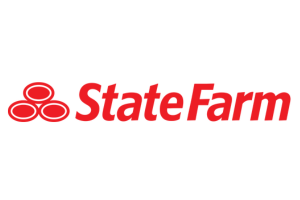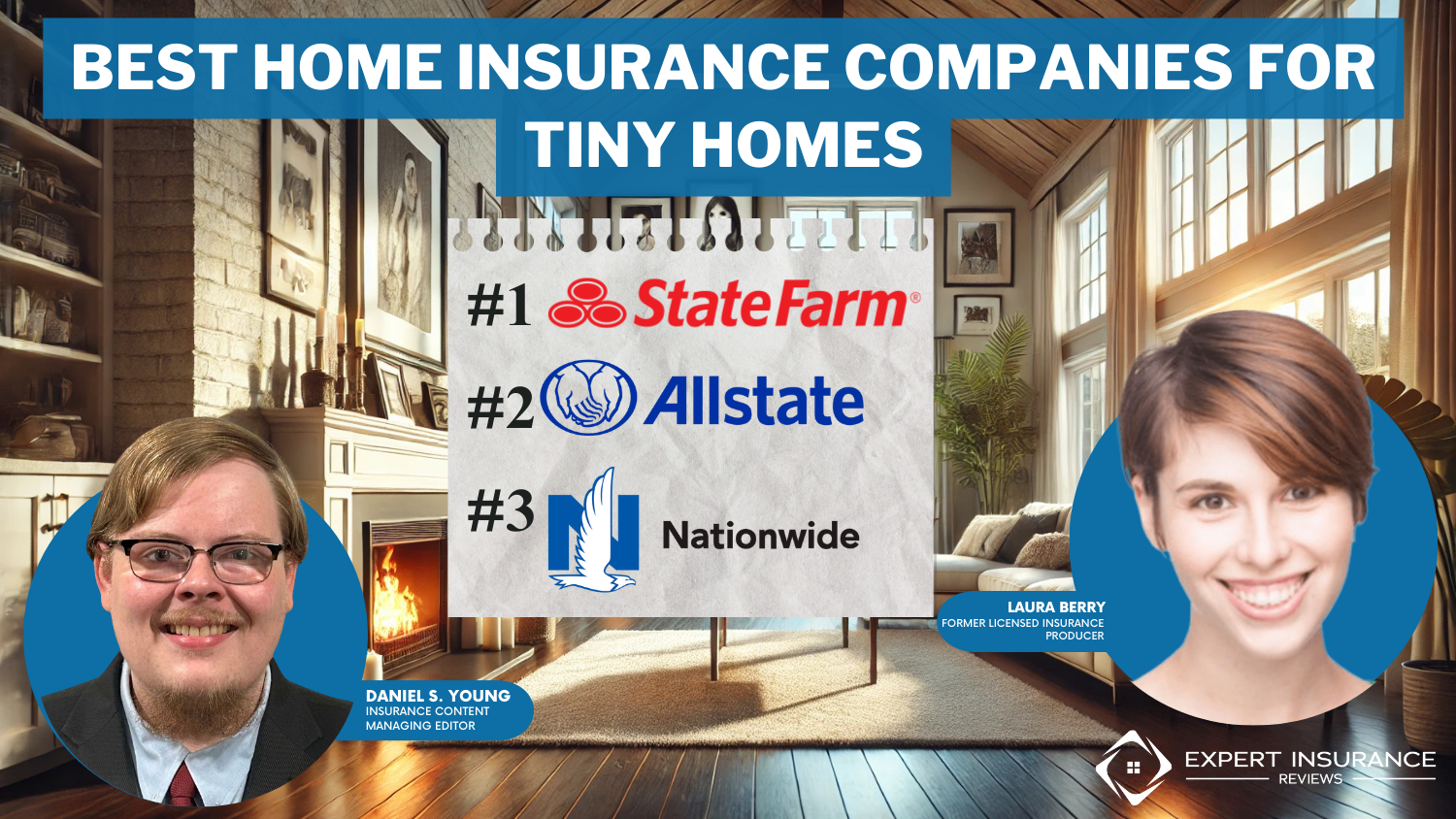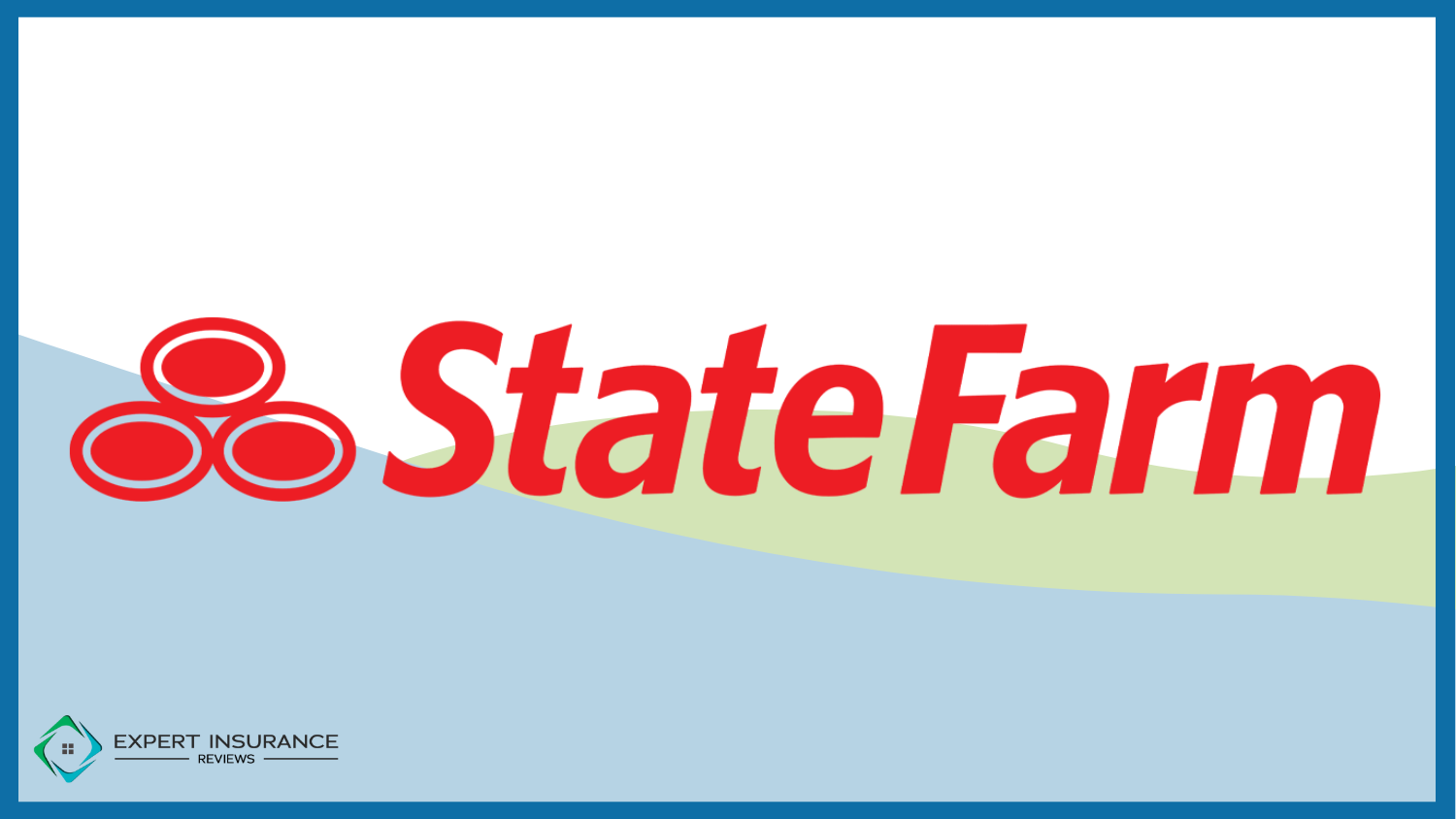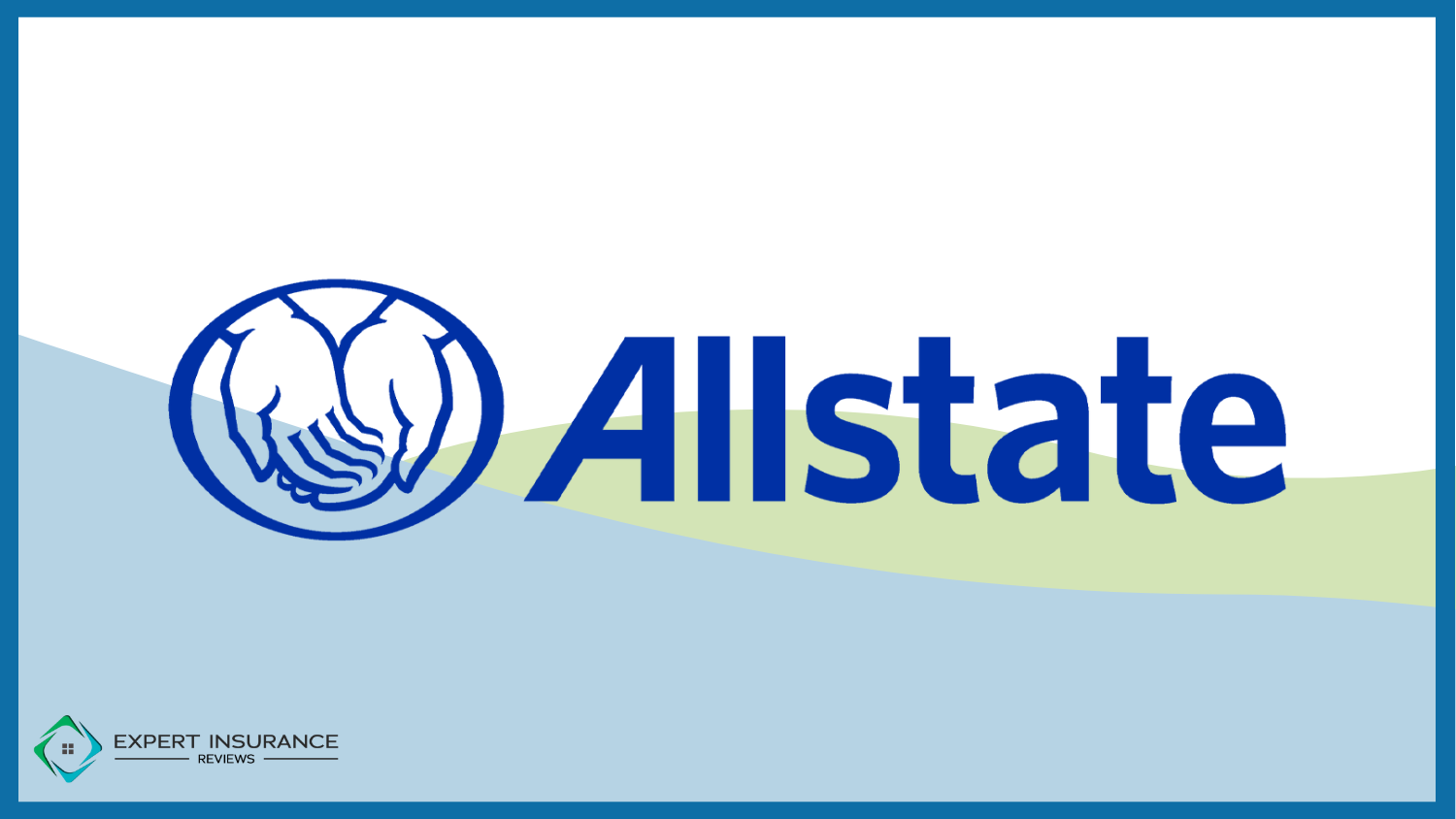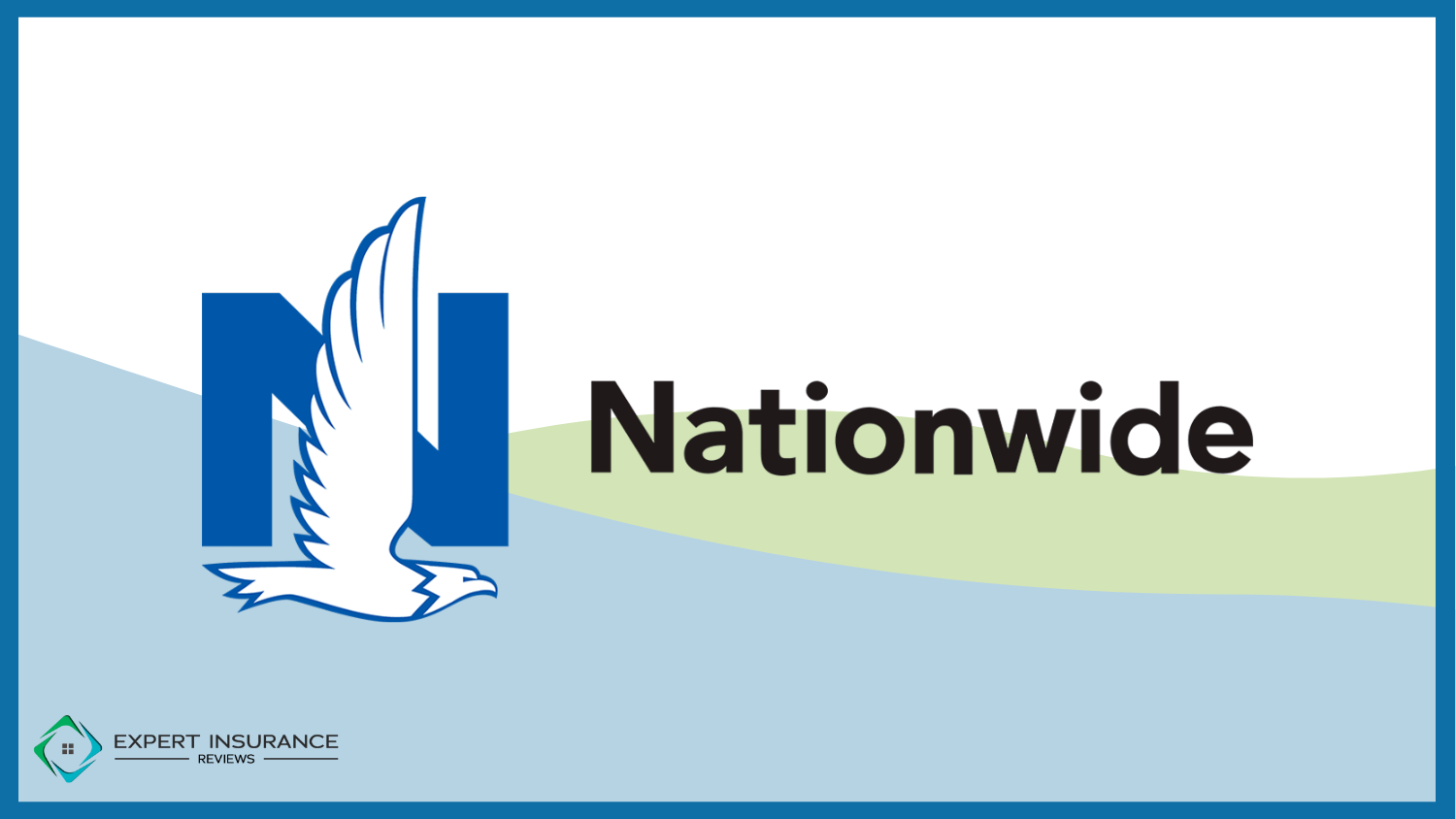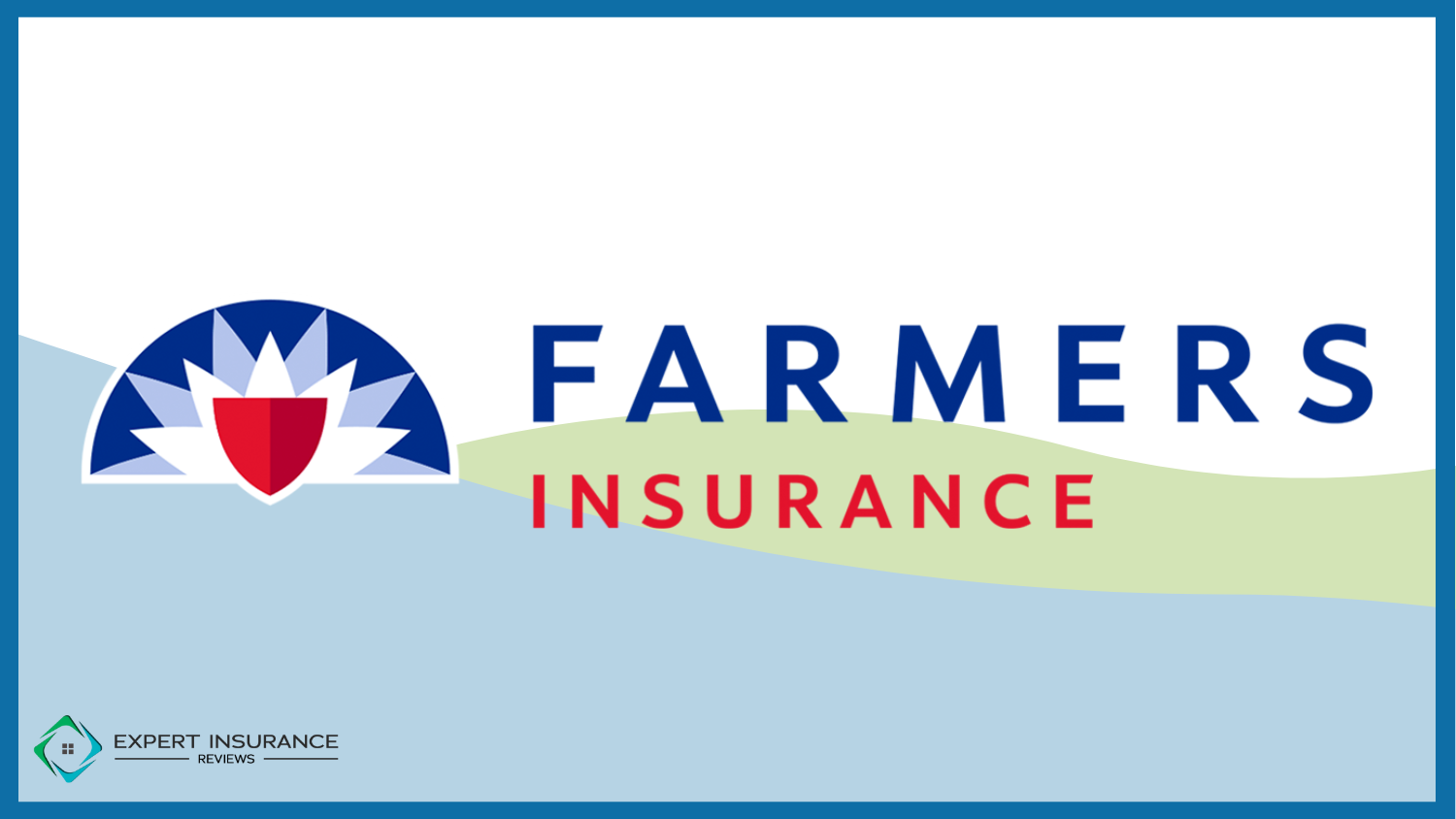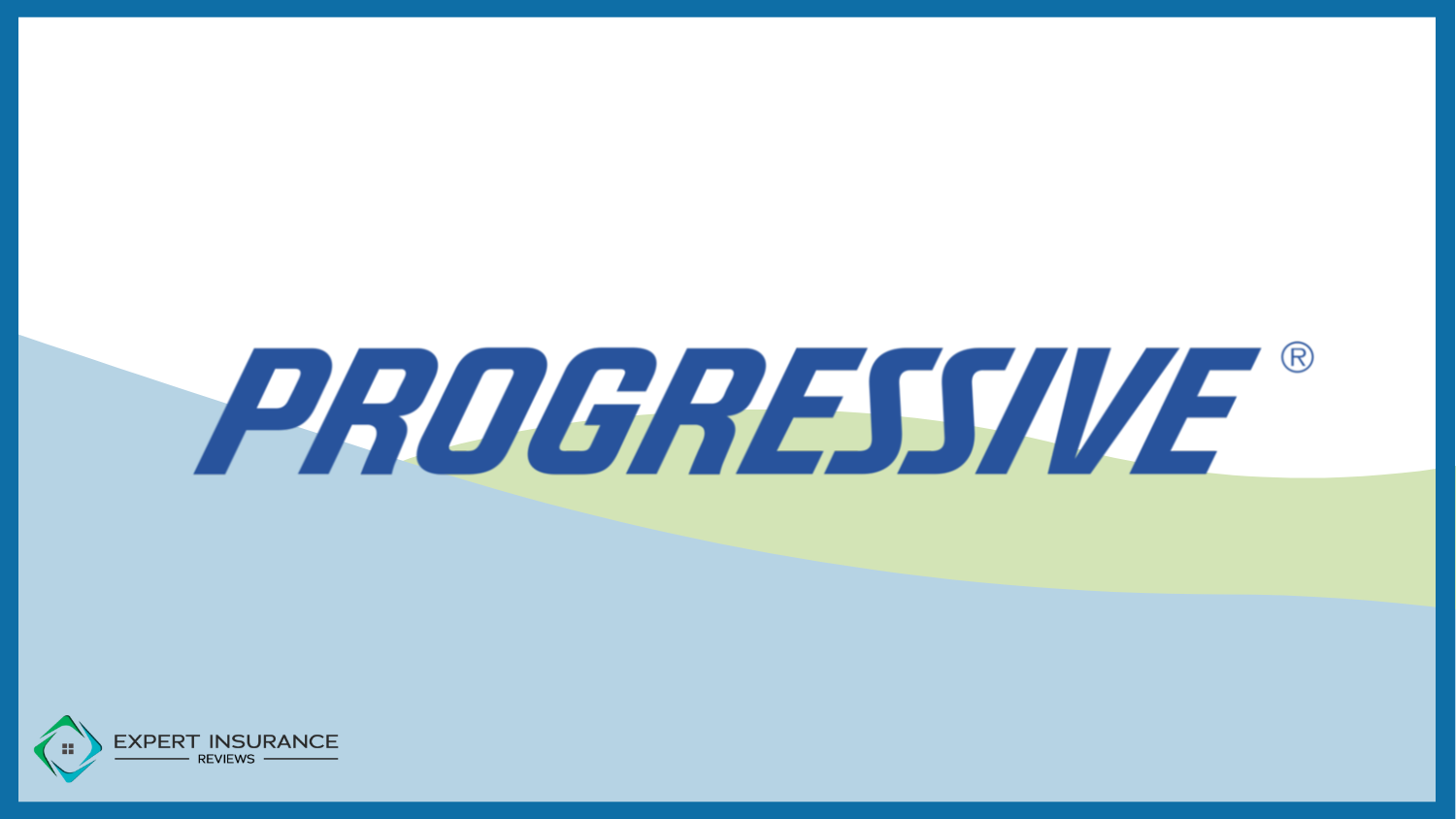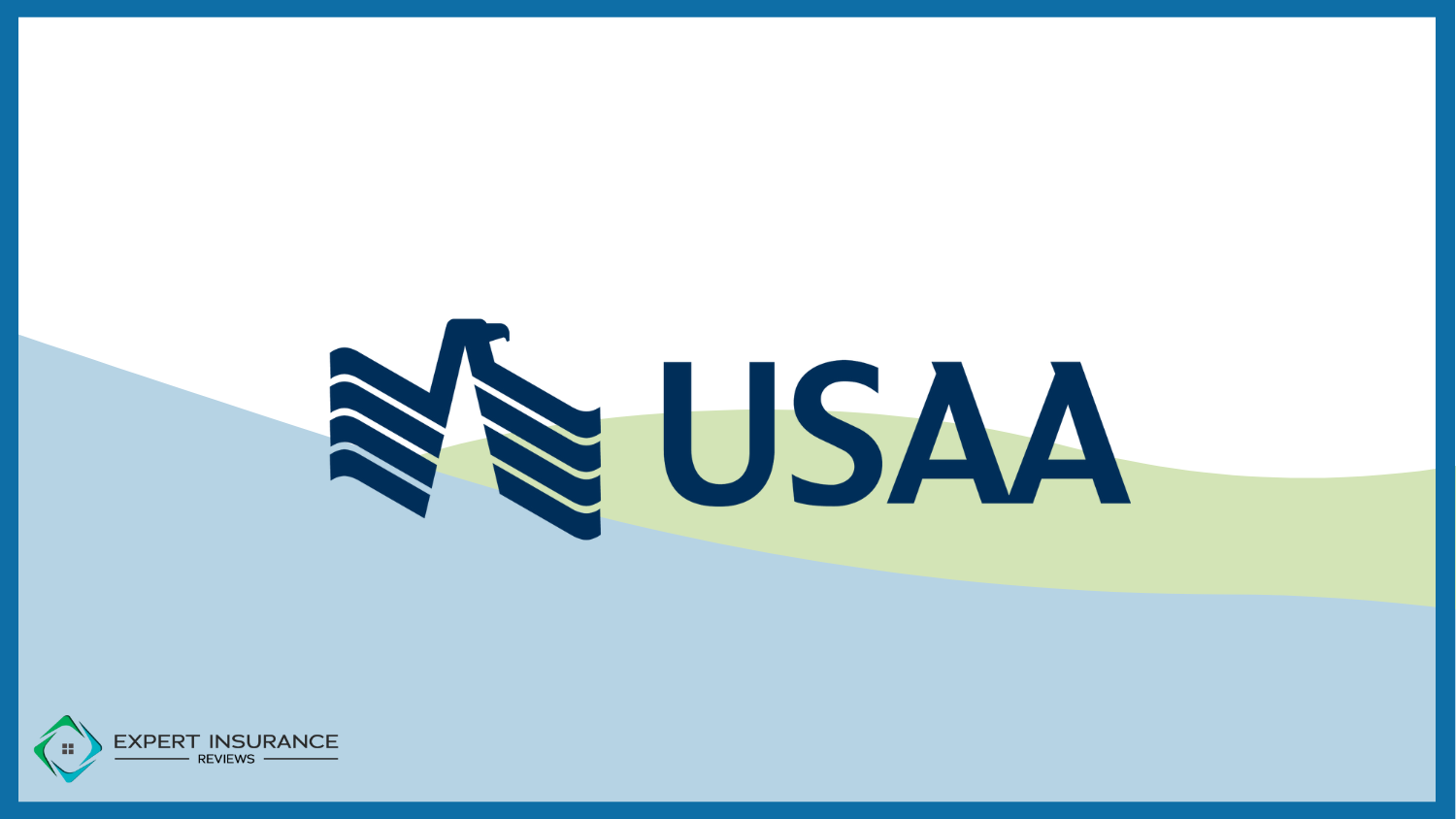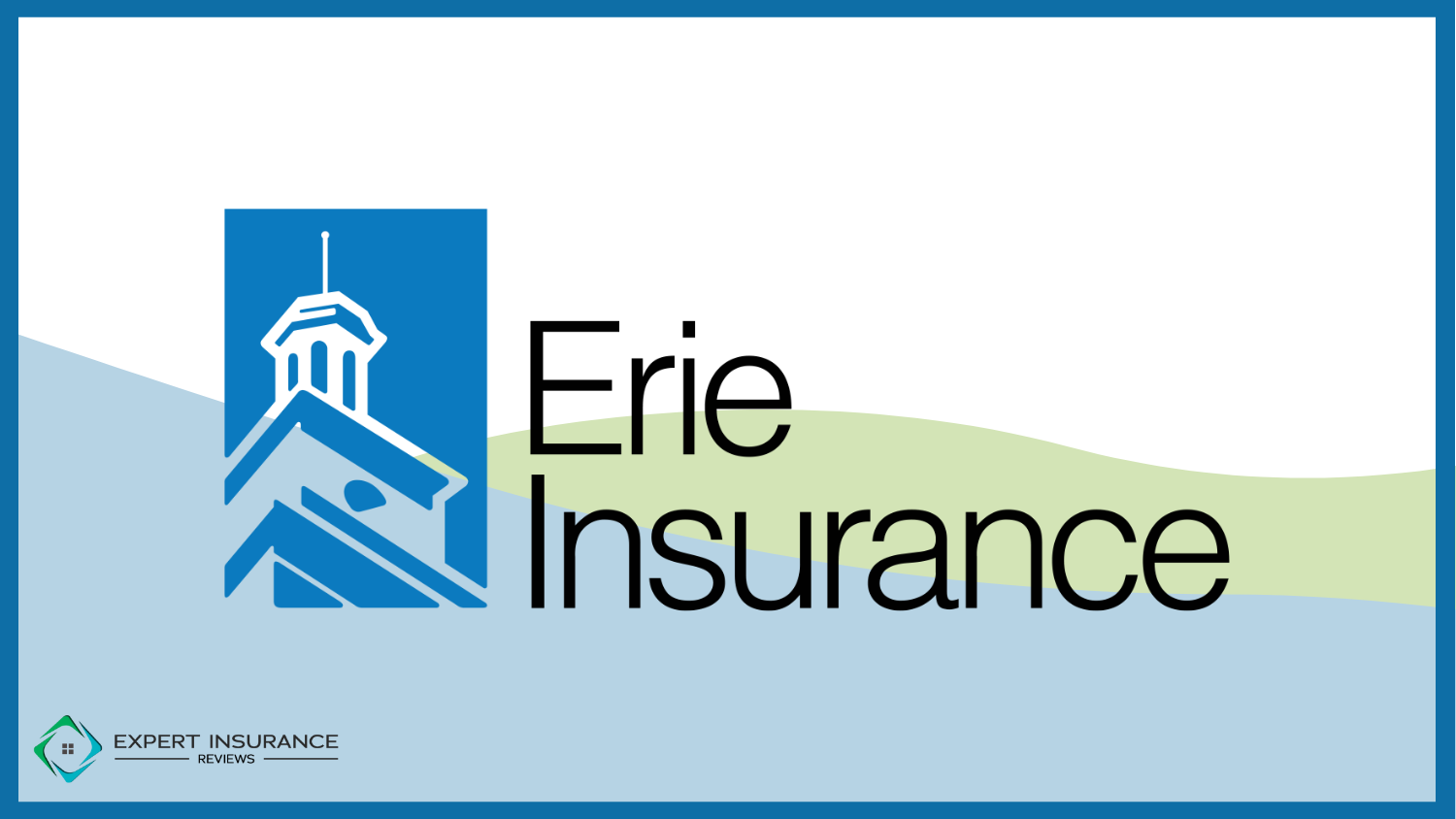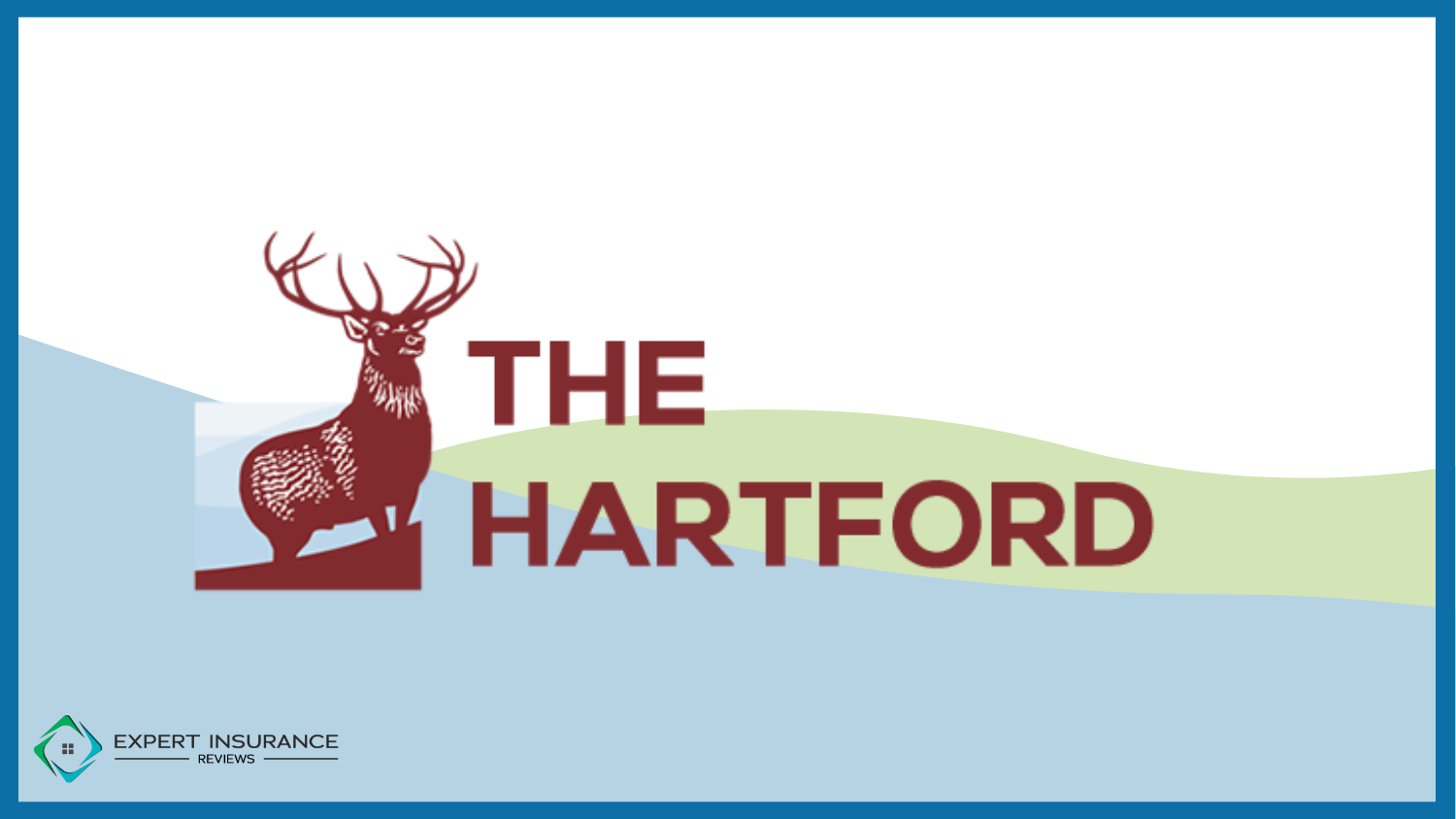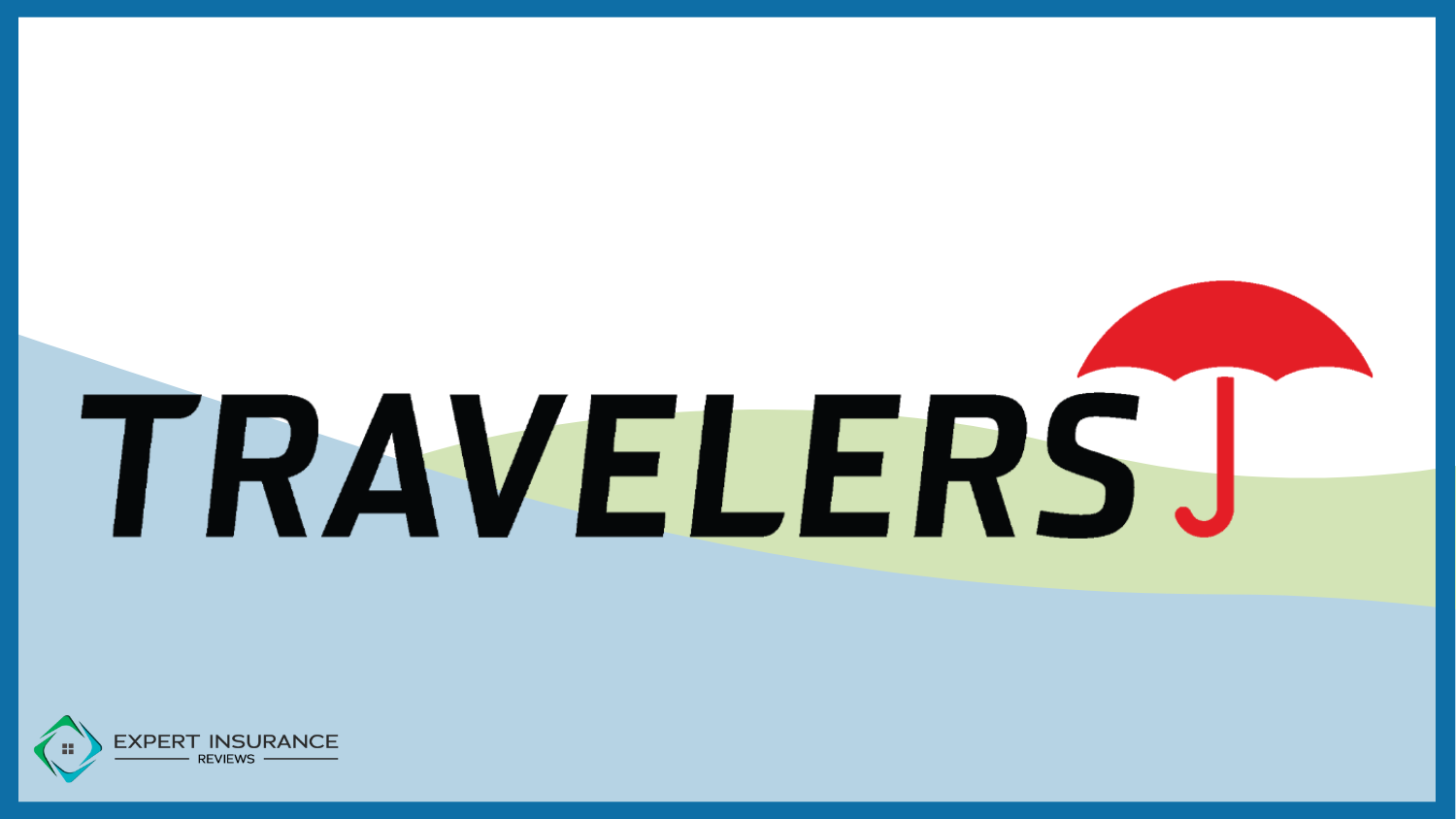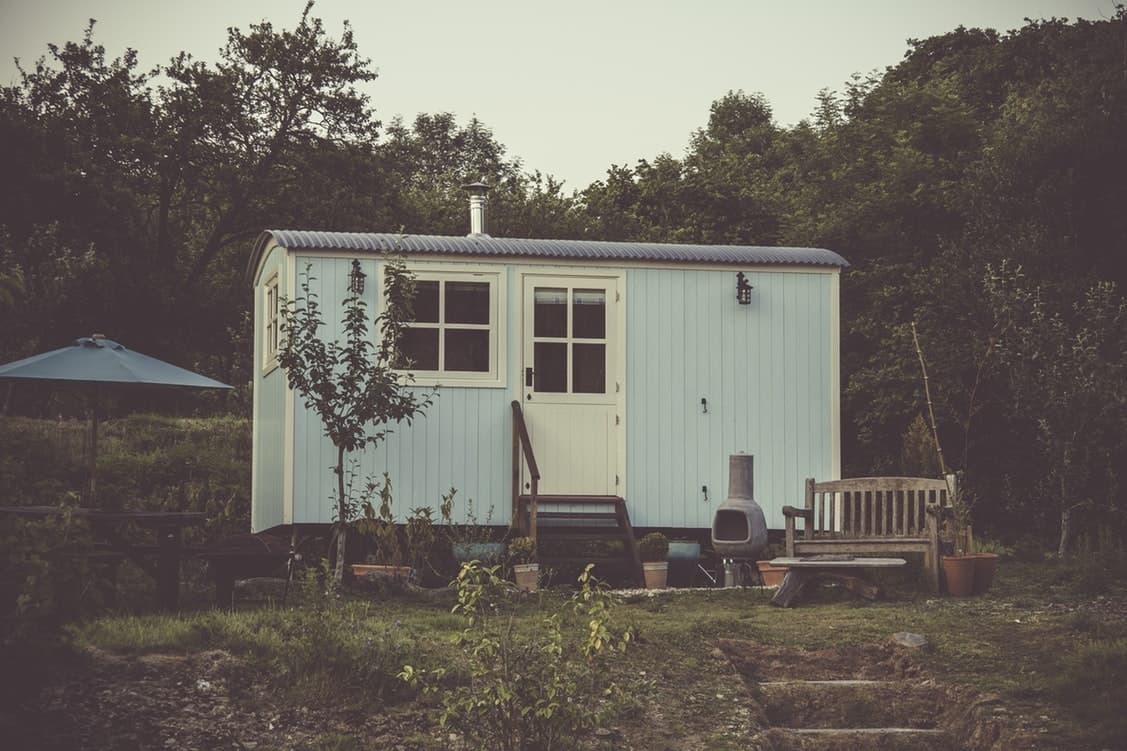10 Best Home Insurance Companies for Tiny Homes in 2025 (See the Top Providers Here)
The best home insurance companies for tiny homes are State Farm, Allstate, and Nationwide. State Farm has plans starting at $40/month, Allstate offers discounts when you bundle, and Nationwide gives flexible coverage options. They keep costs low while making sure your home stays protected, so you get solid coverage without overpaying.
Read moreFree Home Insurance Comparison
Compare Quotes From Top Companies and Save
Secured with SHA-256 Encryption
Laura Berry
Former Licensed Insurance Producer
Laura Berry has experience as a licensed producer selling life, health, and property insurance coverage for both Allstate and State Farm. She has dedicated many hours to helping her clients understand the insurance marketplace so they could find the best car, home, and life insurance products for their circumstances. While she currently helps businesses take advantage of the federal R&D tax...
Former Licensed Insurance Producer
UPDATED: Apr 13, 2025
It’s all about you. We want to help you make the right coverage choices.
Advertiser Disclosure: We strive to help you make confident insurance decisions. Comparison shopping should be easy. We are not affiliated with any one insurance provider and cannot guarantee quotes from any single provider.
Our insurance industry partnerships don’t influence our content. Our opinions are our own. To compare quotes from many different insurance companies please enter your ZIP code on this page to use the free quote tool. The more quotes you compare, the more chances to save.
Editorial Guidelines: We are a free online resource for anyone interested in learning more about insurance. Our goal is to be an objective, third-party resource for everything insurance related. We update our site regularly, and all content is reviewed by insurance experts.
UPDATED: Apr 13, 2025
It’s all about you. We want to help you make the right coverage choices.
Advertiser Disclosure: We strive to help you make confident insurance decisions. Comparison shopping should be easy. We are not affiliated with any one insurance provider and cannot guarantee quotes from any single provider.
Our insurance industry partnerships don’t influence our content. Our opinions are our own. To compare quotes from many different insurance companies please enter your ZIP code on this page to use the free quote tool. The more quotes you compare, the more chances to save.
On This Page
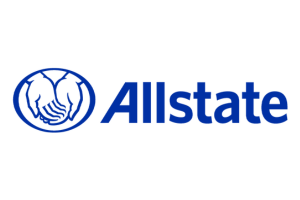 11,638 reviews
11,638 reviewsCompany Facts
Full Coverage
A.M. Best Rating
Complaint Level
Pros & Cons
 11,638 reviews
11,638 reviews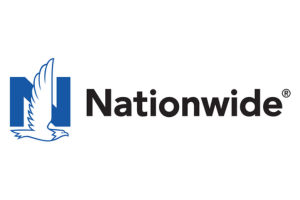 3,071 reviews
3,071 reviewsCompany Facts
Full Coverage
A.M. Best Rating
Complaint Level
Pros & Cons
 3,071 reviews
3,071 reviewsThe best home insurance companies for tiny homes are State Farm, Allstate, and Nationwide. State Farm is the top pick. It offers affordable rates, starting around $40/month, with broad coverage and discounts. Allstate provides excellent bundling deals, while Nationwide stands out for flexible policy options. These companies balance cost, coverage, and reliability for tiny homeowners.
Insuring your tiny home shouldn’t be a hassle. We’ve picked the best options based on price, coverage, and accurate customer experiences. Whether you want affordable basics or complete protection, these top choices make it easy.
Our Top 10 Company Picks: Best Home Insurance Companies for Tiny Homes
| Company | Rank | Bundling Discount | A.M. Best | Best For | Jump to Pros/Cons |
|---|---|---|---|---|---|
| #1 | 17% | B | Custom Coverage | State Farm | |
| #2 | 25% | A+ | Affordable Premiums | Allstate | |
 | #3 | 20% | A+ | Home Plans | Nationwide |
| #4 | 20% | A | Flexible Policies | Farmers | |
| #5 | 10% | A+ | Easy Quotes | Progressive | |
| #6 | 10% | A++ | Military Families | USAA | |
 | #7 | 25% | A | Full Coverage | Liberty Mutual |
 | #8 | 25% | A+ | Local Expertise | Erie |
 | #9 | 5% | A+ | Custom Coverage | The Hartford |
| #10 | 13% | A++ | Fast Claims | Travelers |
Great coverage doesn’t have to cost a lot. Compare these top providers and find the right policy for your tiny home.
Read more: Best Home Insurance for Second Homes
Ensure your home is protected by entering your ZIP code into our home insurance comparison tool today.
- Top tiny home insurers offer flexible, budget-friendly coverage
- Allstate is the top pick, offering great rates and solid protection options
- Policies cover dwelling, liability, and personal property tailored for tiny homes
Free Home Insurance Comparison
Compare Quotes From Top Companies and Save
Secured with SHA-256 Encryption
Are you looking for free insurance quotes?
Your one-stop online insurance guide. Get free quotes now!
Secured with SHA-256 Encryption
#1 – State Farm: Top Overall Pick
Pros
- Save on Safety Upgrades: Installing security systems and smoke detectors can unlock discounts and lower your premium.
- Reliable Tiny Home Coverage: Protects your home, belongings, and liability, so you’re covered when unexpected events happen.
- Helpful Local Agents: A strong network of agents makes getting personal guidance and quick claims support easy. Discover the complete picture in our State Farm insurance review.
Cons
- Rates Can Be Pricey in Some Areas: Premiums may be higher depending on your tiny home’s location and unique features.
- Limited Online Policy Management: While you can get a quote online, some policy changes and claims still require working with an agent.
#2 – Allstate: Comprehensive Coverage
Pros
- Significant Savings on Bundles: Allstate offers discounts for bundling home, auto, and other policies.
- Coverage That Fits: Flexible policy options let tiny homeowners customize their protection. Gain valuable knowledge from our Allstate home insurance review.
- Dependable Claims Support: Strong financial backing ensures smooth and reliable claim payouts.
Cons
- Limited Availability: Some states may have restrictions or fewer coverage options.
- Restrictions on Tiny Homes: Certain tiny home types may not qualify for full coverage.
#3 – Nationwide: Best for High-Value Tiny Homes
Pros
- Extra Savings for Safe Homes: Get discounts for security systems, smoke alarms, and more.
- Solid Tiny Home Coverage: Protects your home, belongings, and liability under one policy.
- Smooth Claims Process: Known for fast payouts and reliable customer support. Uncover key details in our Nationwide insurance review.
Cons
- Pricey in Some Areas: Insurance costs can be higher depending on where you live.
- Fewer Customization Options: Coverage may not be as flexible as other providers.
Are you looking for free insurance quotes?
Your one-stop online insurance guide. Get free quotes now!
Secured with SHA-256 Encryption
#4 – Farmers: Best for Customizable Policies
Pros
- Significant Savings for New Homes: Farmers offer discounts for newly built or recently renovated tiny homes, helping homeowners lower costs, for an in-depth analysis, check out our Farmers insurance review.
- Coverage That Fits: Policies can be customized to include dwelling, liability, and personal property protection tailored to tiny home needs.
- Easy Claims Process: Farmers have the funds to pay out quickly, so you’re not left waiting.
Cons
- Limited In-Person Support: Fewer local agents mean less face-to-face service in some areas.
- Pricey in Some Locations: Tiny home insurance rates can be higher depending on where you live.
#5 – Progressive: Best for Tiny Homes on Wheels
Pros
- Significant Savings on Bundles: Save money by combining tiny home and auto insurance under one policy.
- Coverage That Fits: Customize your home, belongings, and liability protection based on your needs.
- Quick Online Quotes: Get an instant estimate without the hassle of talking to an agent.
Cons
- Can Be Pricey: Premiums may be higher depending on your tiny home’s location and features.
- Not All Tiny Homes Qualify: Some home types may have coverage restrictions, so check before signing up.
#6 – USAA: Best for Military Families
Pros
- Made for Military Families: USAA’s coverage is built specifically for service members, veterans, and their families, offering benefits that fit their lifestyle.
- Plenty of Ways to Save: Get discounts for bundling policies, keeping a claims-free record, and making your home safer. Explore the benefits in our USAA insurance review.
- Customer Service You Can Count On: Fast claims processing and highly rated support make handling insurance easy and stress-free.
Cons
- Not Available to Everyone: Only military members, veterans, and their families qualify, so it’s not an option for the general public.
- Fewer Local Offices: While online and phone support are excellent, in-person help is more challenging due to a limited number of physical locations.
Are you looking for free insurance quotes?
Your one-stop online insurance guide. Get free quotes now!
Secured with SHA-256 Encryption
#7 – Liberty Mutual: Best for Discounts and Bundling
Pros
- Significant Savings on Bundles: Liberty Mutual offers discounts for bundling home and auto insurance, helping tiny homeowners save.
- Flexible Coverage Options: Policies include dwelling, liability, and personal property protection. Discover specific details in our Liberty Mutual insurance review.
- Strong Financial Backing: Well-established company with reliable claims support and quick payouts.
Cons
- Can Be Expensive: Rates may be higher in some areas, making it less budget-friendly.
- Not All Tiny Homes Qualify: Some homes have coverage limits, so check before signing up.
#8 – Erie: Best for Comprehensive Tiny Home Protection
Pros
- Extra Savings for Safe Homes: Erie rewards homeowners with discounts for installing smoke alarms, security systems, and other safety features.
- Well-Rounded Tiny Home Coverage: Policies include dwelling, personal property, and liability protection, covering many risks.
- Friendly and Reliable Customer Support: Known for excellent service, Erie makes the claims process smooth and stress-free for policyholders.
Cons
- Not Available Everywhere: Erie’s home insurance is limited to certain states, so tiny homeowners may have fewer options.
- There are no instant online quotes. You must contact an agent for pricing details, which can be inconvenient if you want quick comparisons.
#9 – The Hartford: Best for Seniors and AARP Members
Pros
- Exclusive Perks for AARP Members: Special discounts and benefits make coverage more affordable for eligible policyholders.
- Comprehensive Tiny Home Protection: This covers your home, belongings, and liability, so you’re financially secure if the unexpected happens.
- Highly Rated Customer Service: Known for responsive claims handling and strong support when you need help. Learn more in our guide titled, The Hartford Insurance Review & Complaints.
Cons
- Limited Availability: Policies are primarily available to AARP members, so not everyone qualifies for coverage.
- Higher Rates for Some Homeowners: Premiums may be more expensive depending on your tiny home’s location and specific risks.
Are you looking for free insurance quotes?
Your one-stop online insurance guide. Get free quotes now!
Secured with SHA-256 Encryption
#10 – Travelers: Best for Extensive Coverage Options
Pros
- Flexible Coverage for Tiny Homes: Travelers lets you adjust your policy to fit your home’s unique size, structure, and features.
- Save More with Bundling: Get discounts when you combine tiny home insurance with auto or other policies.
- Quick and Fair Claims Support: Travelers has a strong track record of handling claims efficiently, so you get help when needed.
Cons
- Higher Costs in Some Areas: Premiums may be pricier if your tiny home is in a high-risk location. Our Travelers insurance review provides more information.
- Not Specifically Designed for Tiny Homes: While coverage is flexible, it may require extra customization to fully meet your needs.
Tiny Home Insurance Rates by Provider & Coverage
Finding the right insurance for your tiny home doesn’t have to be complicated. With so many providers, rates and coverage can vary a lot. That’s why we’ve laid it all out for you—monthly costs by provider and coverage level—so you can compare at a glance. Whether you want basic protection or full coverage, this breakdown helps you see what fits your budget.
Tiny Homes Insurance Monthly Rates by Provider & Coverage Level
| Insurance Company | Minimum Coverage | Full Coverage |
|---|---|---|
| $26 | $75 | |
 | $30 | $85 |
| $27 | $72 | |
 | $35 | $90 |
 | $32 | $85 |
| $27 | $76 | |
| $31 | $80 | |
 | $33 | $86 |
| $35 | $81 | |
| $25 | $70 |
Tiny home insurance prices aren’t one-size-fits-all. Location, coverage, and provider all determine what you’ll pay. Use this comparison to find the best deal without sacrificing protection. The right coverage is out there—you must know where to look!
Tiny homes may be small, but they still need significant protection. Whether yours is on wheels or a foundation, the right insurance keeps it safe from the unexpected. Coverage options vary based on size, location, and how often you travel, so it’s essential to find a policy that fits your lifestyle. With the right coverage, you can enjoy the freedom of living without worrying about surprise expenses.
Allstate stands out for its reliable coverage and competitive rates, earning a solid 92% customer satisfaction rating.
Ty Stewart Licensed Insurance Agent
Tiny homes offer a unique living experience, but they also require specialized protection. Insurance for tiny homes isn’t a one-size-fits-all solution—it depends on factors like where you live, how you use your home, and whether it’s stationary or mobile.
For instance, if your tiny house is on wheels and you frequently travel, you may need full coverage, which could occur while on the road. On the other hand, if your tiny home is on a permanent foundation, your policy might focus more on protecting it from weather-related damages, theft, or fire.
Tiny Home Insurance for Mobile & Manufactured Homes
Whether mobile or manufactured, tiny homes need the proper insurance to stay protected. Coverage can vary based on how and where you live, so finding a policy that fits your lifestyle is essential. This guide breaks down what you need to know to keep your home safe without overspending.
The right insurance protects your tiny home, whether you stay in one place or take it on the road. Explore your options, find the best insurance coverage, and enjoy tiny living without worry.
Best Home Insurance Discounts for Tiny Homes
Homeowners insurance doesn’t have to be a significant expense. Many providers offer ways to save, like bundling policies, installing security features, or keeping a clean claims record. Taking the time to explore your options can help you cut costs while still getting solid coverage.
Home Insurance Discounts From the Top Providers for Tiny Homes
| Insurance Company | Available Discounts |
|---|---|
| Multi-Policy, Claims-Free, Early Sign-Up, Paid-In-Full, Anti-Theft Devices, New Home, Home Safety Features | |
 | Multi-Policy, Claims-Free, New Home, Paid-In-Full, Home Safety Features, Early Renewal |
| Multi-Policy, Claims-Free, Protective Devices, Paid-In-Full, Home Renovation, New Home, Green Home | |
 | Multi-Policy, Claims-Free, Early Sign-Up, Protective Devices, Home Safety Features, Claims-Free Years |
 | Multi-Policy, Claims-Free, Paid-In-Full, Safety Features, Green Home, New Home, Age Of Home |
| Multi-Policy, Claims-Free, Home Safety Features, Paid-In-Full, Renovations, Age Of Home | |
| Multi-Policy, Claims-Free, Early Sign-Up, Home Safety Features, Anti-Theft Devices, Claims-Free Years | |
 | Multi-Policy, Claims-Free, Protective Devices, Paid-In-Full, Claims-Free Years, Safety Features |
| Multi-Policy, Claims-Free, Early Sign-Up, Home Safety Features, Home Renovations, Paid-In-Full | |
| Multi-Policy, Claims-Free, Paid-In-Full, Military Discounts, Home Safety Features, Claims-Free Years |
Why pay more than you have to? Take advantage of discounts, compare different providers, and find a policy that gives you the best value, without sacrificing the protection your home needs.
Protecting your home doesn’t have to be expensive. Enter your ZIP code below into our free tool to find affordable homeowners insurance today.
Are you looking for free insurance quotes?
Your one-stop online insurance guide. Get free quotes now!
Secured with SHA-256 Encryption
Frequently Asked Questions
What’s the best insurance for a tiny home?
It depends on your needs, but Allstate is an excellent option with flexible coverage and budget-friendly rates. State Farm and Foremost also offer solid choices.
How much does tiny home insurance cost?
Prices start at around $42 monthly, depending on your home’s size, location, and coverage. Bundling policies or adding security features can lower costs.
Do I need special coverage for a mobile tiny home?
If it’s on wheels, RV insurance is usually required. If it’s permanently placed, a standard tiny home policy should work.
Does homeowners insurance cover tiny homes?
Standard homeowners insurance usually doesn’t. If your tiny home is mobile, you might need RV or mobile home insurance instead.
What affects tiny home insurance rates?
Your home’s value, location, and whether it’s mobile or stationary all play a role. Security features and a clean claims record can also help lower costs.
Can I bundle tiny home insurance with other policies?
Yes! Bundling with auto, renters, or RV insurance can score discounts, save money on your monthly premium, and get free auto insurance.
What does tiny home insurance cover?
It typically includes dwelling protection, personal belongings, and liability coverage. Mobile tiny homes may also need travel protection.
Are there discounts for tiny home insurance?
Yes! Installing security systems, bundling policies, and staying claims-free can help you qualify for lower rates.
Secure cheap insurance for your home by entering your ZIP code into our free quote comparison tool below.
How do I find the best tiny home insurance?
Compare quotes, check coverage details, and look for discounts for the best protection without overpaying.
Do all insurance companies cover tiny homes?
Not all do, but Allstate, State Farm, and Foremost offer great coverage options designed for tiny homeowners.
Are you looking for free insurance quotes?
Your one-stop online insurance guide. Get free quotes now!
Secured with SHA-256 Encryption
Laura Berry
Former Licensed Insurance Producer
Laura Berry has experience as a licensed producer selling life, health, and property insurance coverage for both Allstate and State Farm. She has dedicated many hours to helping her clients understand the insurance marketplace so they could find the best car, home, and life insurance products for their circumstances. While she currently helps businesses take advantage of the federal R&D tax...
Former Licensed Insurance Producer
Editorial Guidelines: We are a free online resource for anyone interested in learning more about insurance. Our goal is to be an objective, third-party resource for everything insurance related. We update our site regularly, and all content is reviewed by insurance experts.

